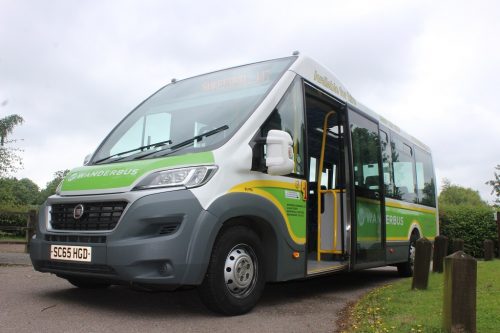
A DVSA investigation into a community transport operator has stated that it would require an O-licence, and for its drivers to have unrestricted D1 entitlement and Driver CPC qualifications. James Day reports on the potential, though uncertain ramifications for wider community transport sector
The Department for Transport (DfT) has sent a letter to all issuing bodies of section 19 and 22 permits, including the Community Transport Association (CTA), which it intends to be distributed to operators utilising section 19 and section 22 permits. It revealed that a Community Transport (CT) operator had been investigated following complaints from a small group of commercial operators, and said the operator should have had a PSV O-licence and its paid drivers should have been holders of unrestricted D1 minibus driving entitlements and Driver CPC qualifications.
The full implications of the letter are not clear – it states that some individual operators may not need to meet these requirements, whereas others will, depending on the case they are able to make about the service they provide. However, a likely interpretation is that CT operators that make competitive bids against commercial operators may have to meet these requirements. A public consultation is expected to launch in Autumn which should offer further explanation.[…]
What you get with a subscription
- Operator & Supplier Profiles
- Face-to-Face Interviews
- Lastest News
- Test Drives and Reviews
- Legal Updates
- Route Focus
- Industry Insider Opinions
- Passenger Perspective
- Vehicle Launches
- and much more!


